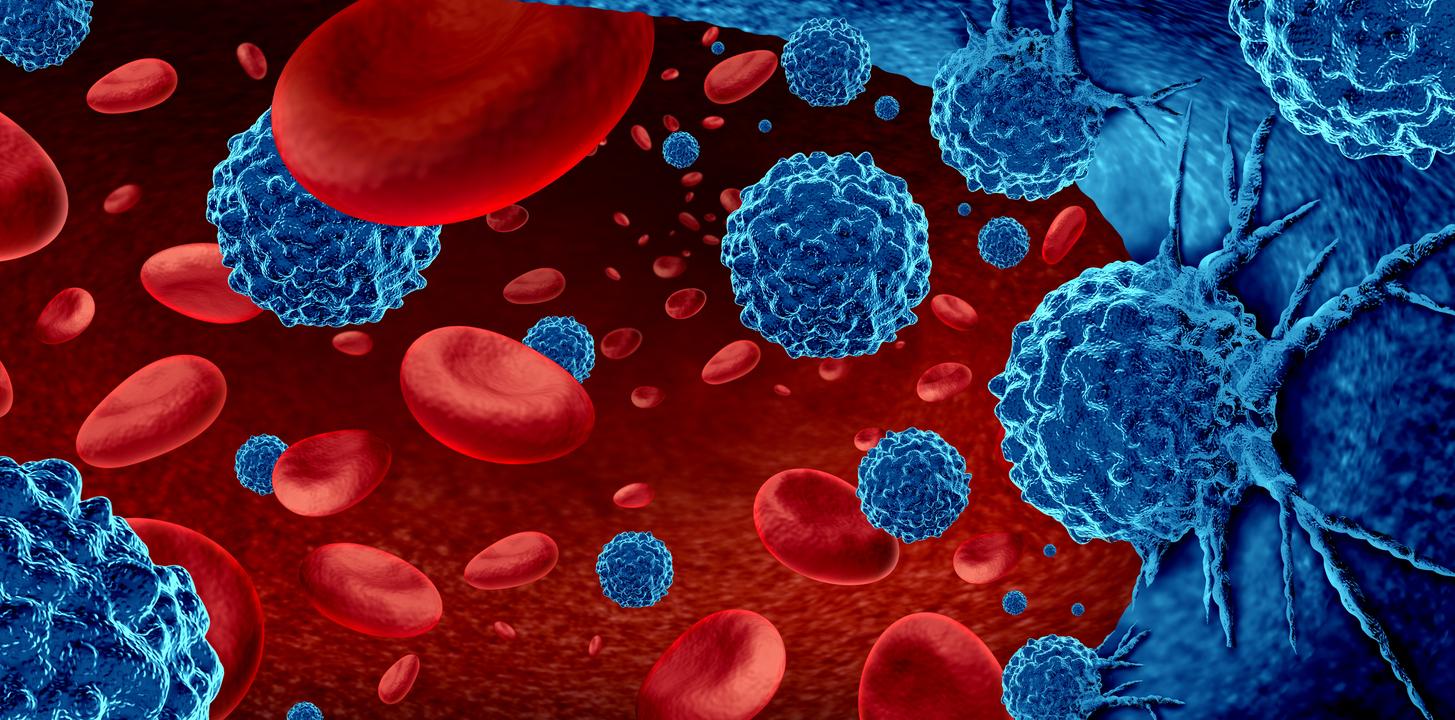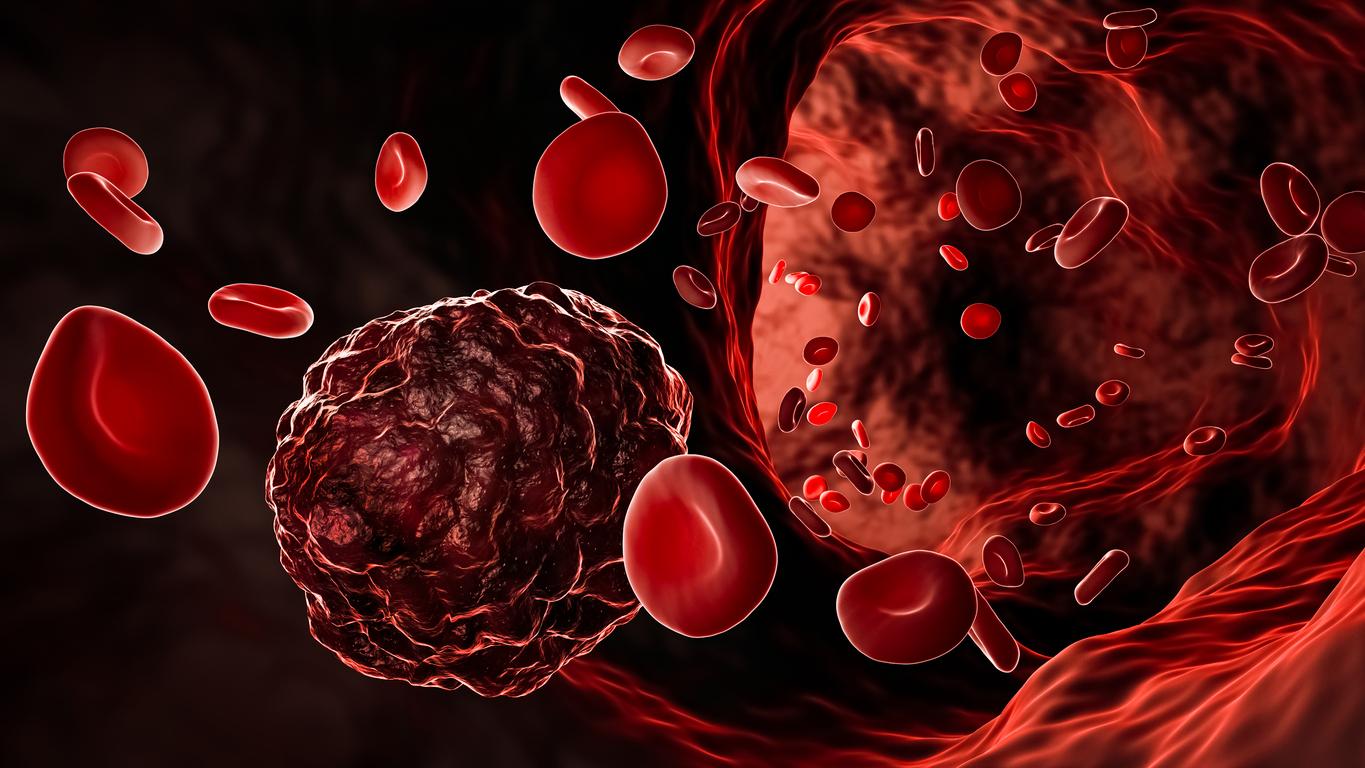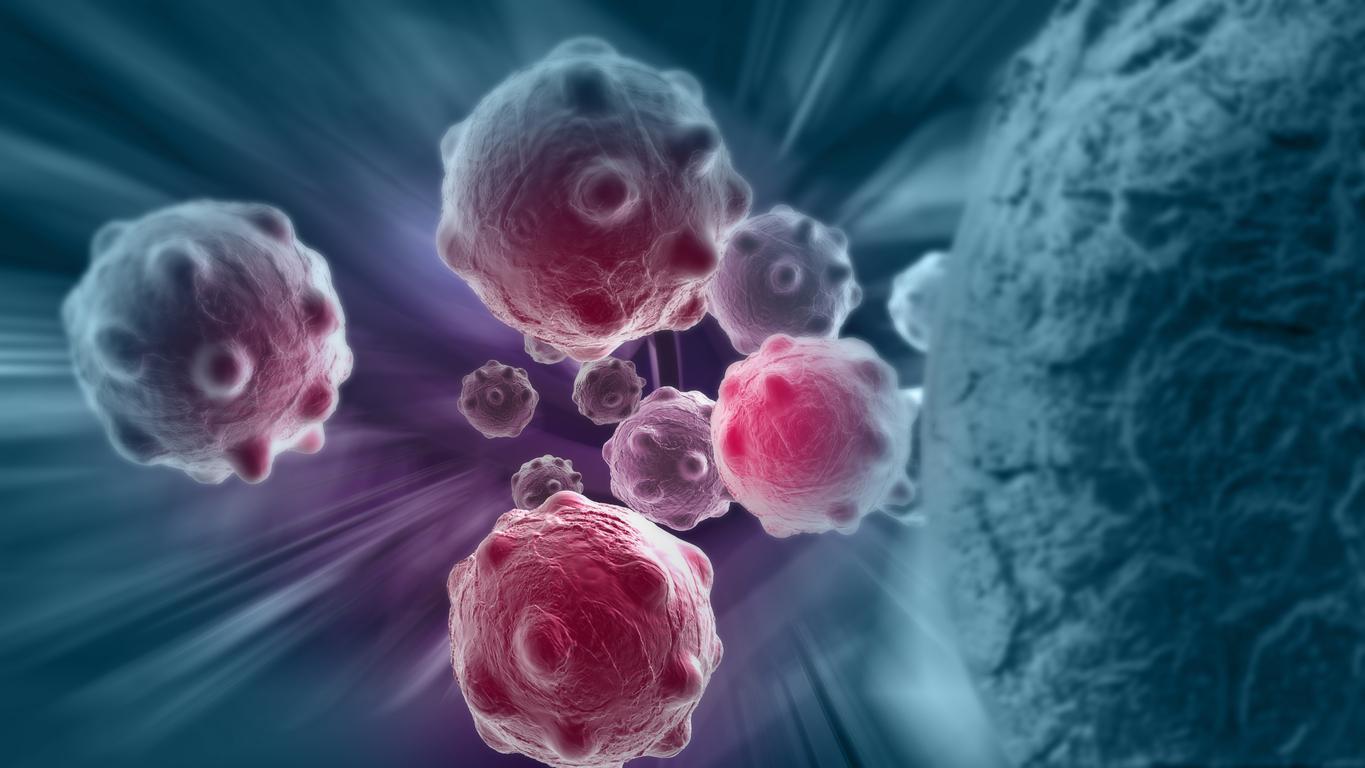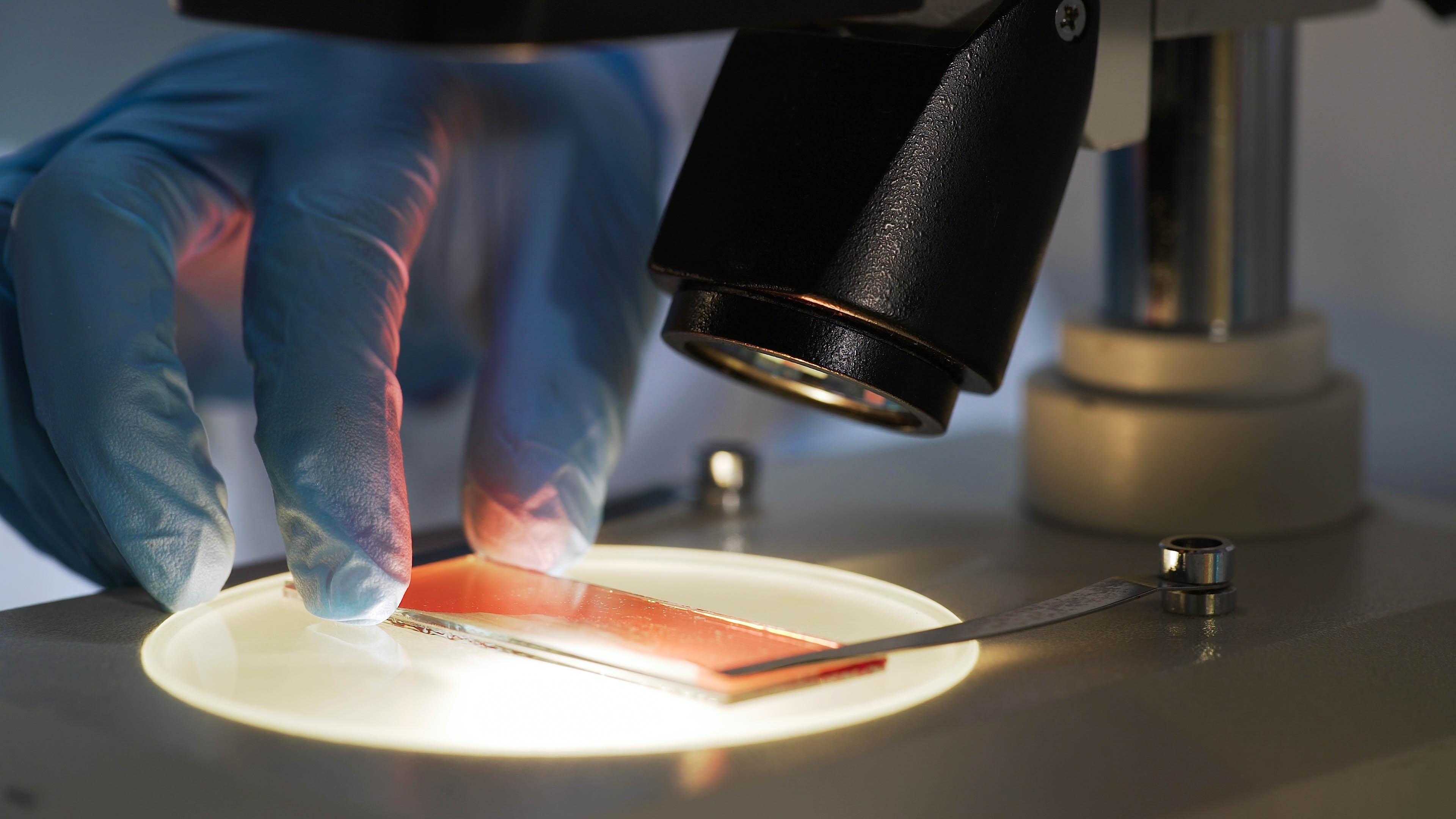Blood from the umbilical cord can be collected at the time of birth. One more solution in the treatment of blood cancers.

Blood cancers get their bad reputation from the brutality of their appearance, the absence of particular symptoms and above all, in the past, the seriousness of the prognosis. However, it is rather a message of hope that doctors give today, which is not – far from it – the rule in medicine.
Blood cancer almost always boils down to the presence of crazy cells in the bloodstream. It is in the bone marrow (and not the spinal cord) that white blood cells are produced, little soldiers in the fight against aggression. These white blood cells destroy the thousands of microbes that attack us daily, without our being aware of it. When a mother cell, which makes these soldiers, becomes cancerous, the entire regiment bears the mark and is unable to do the job. Worse, he attacks his own army!
The treatment (chemotherapy) consists in killing these malignant cells but the medicine is not yet sufficiently precise and often does not remove only the enemy but also all the healthy cells, making, during the treatment, the patient susceptible to the least of infections.
The transplant
Bone marrow transplantation, and therefore the supply of healthy cells, has considerably improved the prognosis. Subject to finding a compatible donor, either in the family (brothers and sisters), or through a global registry of voluntary donors, the transplant of a healthy marrow makes it possible to pass the critical phase and restart a new one. life. Donating your bone marrow is as important as donating your organs after death. The essential difference is that this donation is made during the donor’s lifetime, and that it has no harmful consequences on his health. A blood test is sufficient to be entered in the register. May a patient in the world be compatible with your marrow and the coordinating body will appeal to your generosity to take the sample, which is done in the hospital and often under general anesthesia. It is therefore not a trivial decision even if the probability of being called is low. However, it must be taken into account, which slows down the outpouring of generosity.
Consequently, the world lacks donors …
The specialists have devised another strategy: to use the blood which is contained in the umbilical cord which rereads the mother to her baby and which contains very efficient mother cells, at a very primitive stage surprisingly resembling bone marrow cells. They just want to continue their production of blood cells, as soon as they are injected into a recipient. The cord taken at the time of childbirth, without any consequences for the mother and her baby, is kept in public banks in France, with all ethical and regulatory guarantees, which is not necessarily the case elsewhere. Professor Mohamad Mohty, from Saint Antoine Hospital in Paris, one of our best specialists in this technique, calls out: “Until the arrival of the transplant, these cancers were often incurable; This is no longer the case ! Every effort should be made to encourage donation, including cord blood donation ”.
Cord blood donation is painless and safe for both mother and child. It comes from the placenta and taken from the umbilical cord, immediately after the birth of the child.
Once collected, it is analyzed and if it meets the predefined criteria, it becomes a graft of hematopoietic stem cells. Each graft is frozen and stored in an authorized bank located near a maternity hospital. It is important to specify to the patients wishing to make this donation that to allow a better conservation of the grafts, this collection can be carried out only in the maternities belonging to the French network of the placental blood (RFSP).
No set aside in case …
Contrary to popular belief, the storage of cord blood for autologous purposes (or for one’s own child) is, unless otherwise specified, prohibited by law in France. In accordance with the law of bioethics, the donation of cord blood is based on the intangible principles of consent, gratuity and anonymity.
However, one nuance: if the number of cord blood banks has been increased, France currently only has around 20,000 samples, whereas there are 400,000 around the world.
.















